What is PR?
There are multiple definitions for public relations. PRINZ chooses to define public relations as:
the deliberate, planned and sustained effort to establish and maintain mutual understanding and excellent communications between an organisation and its publics. Communications management shall be defined as the systematic planning, implementing, monitoring, and revision of all the channels of communication within an organisation, and between organisations.
This definition draws attention to public relations as being a two-way process. Public relations builds and sustains the relationships organisations need to keep their licence to operate. It is essential for organisations – whether it be government, business, not-for-profit – to interact with their publics to better understand what they are interested in or concerned about, and what they would like, or need to know.
Public relations professionals evaluate the attitudes of an organisation’s stakeholders – such as employees, shareholders, a community, customers, and /or other specific audiences – and plan and execute a programme of action to earn public understanding and acceptance of an organisation’s policies or activities. Communication, usually visual, written, oral and or experiential, plays a significant part in public relations practice.
The scope of public relations is very broad and specialist areas of focus include media relations, investor relations, government relations, community relations, sponsorship, marketing communications, employee communications, digital and change communications. Public relations professionals can either work for a public relations agency or in-house.
To do this work, public relations professionals require core skills in writing, relationship management, and strategic planning. Skills in business literacy, analytics, research and digital media are also desirable.
The Global Capabilities Framework for Public Relations and Communication Manangement takes a high-level view of what practitioners can deliver:
Communication Capabilities
1. To align communication strategies with organisational purpose and values
2. To identify and address communication problems proactively
3. To conduct formative and evaluative research to underpin communication strategies and tactics
4. To communicate effectively across a full range of platforms and technologies
Organisational Capabilities
5. To facilitate relationships and build trust with internal and external stakeholders and communities
6. To build and enhance organisational reputation
7. To provide contextual intelligence
Professional Capabilities (those expected of any professional)
8. To provide valued counsel and be a trusted advisor
9. To offer organisational leadership
10. To work within an ethical framework on behalf of the organisation, in line with professional and societal expectations
11. To develop self and others, including continuing professional learning
CLICK HERE for a list of recommended reading and information sources
What is PR?
Video credit: Catherine Arrow FPRINZ, PR Knowledge Hub
What is a licence to operate_Update 2020
Video credit: Catherine Arrow FPRINZ, PR Knowledge Hub
Watch FREE online course here: ‘SWITCH – A Practical Guide to Working in Public Relations and Communication’
Moving into public relations from another sector? Arrived at an unexpected career crossroads thanks to the waves of COVID-19? Or new to public relations and wanting to know what to expect – and what’s expected of you? Start your journey here and find out all you need to know.
